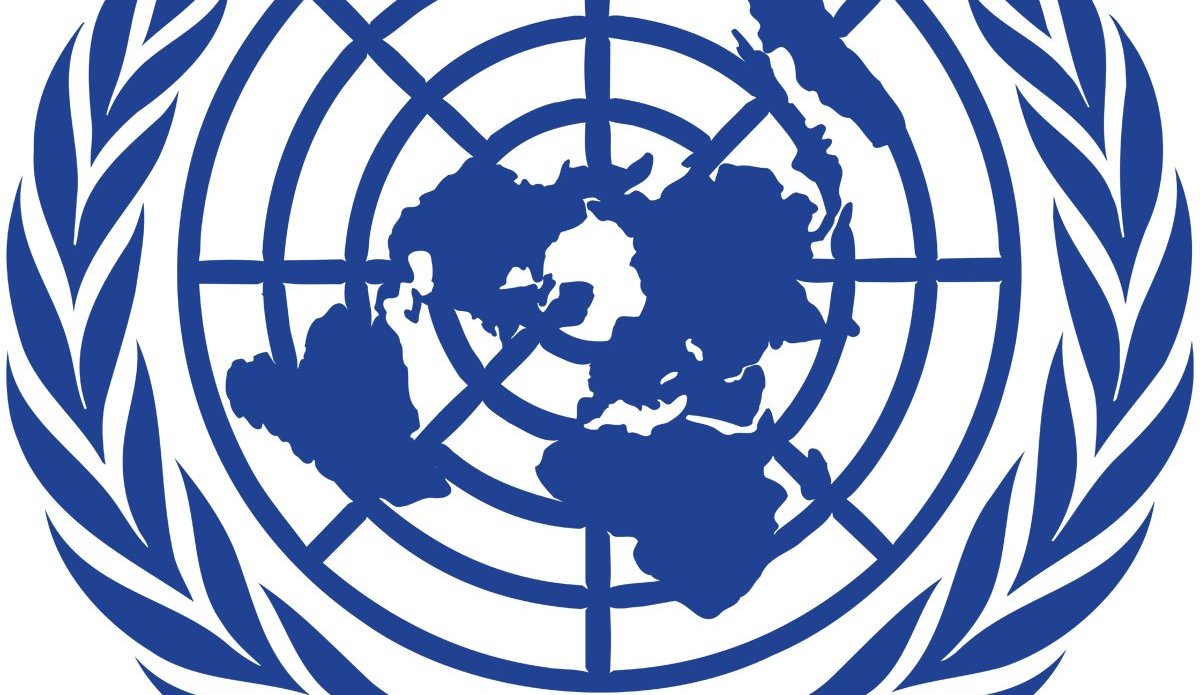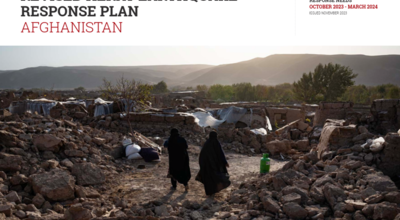Afghan Police Officers receive for the first time an illustrated Code of Conduct
KABUL - A new booklet containing Afghanistan’s first Code of Conduct for its national police force will soon be in the hands of Afghan National Police (ANP) personnel across the country.
Released this week, the illustrated pocket booklet and a poster in Dari and Pashto set out the code’s uniform standards and nine basic principles guiding the behavior of ANP male and female officers while on and off duty.
It is the latest step in joint efforts by the Ministry of Interior Affairs, the ANP and the international community to encourage the code’s full adoption as part of strengthening the country’s law enforcement.
“The adoption of the Code of Conduct by the Afghan National Police Force is yet another step towards progress into professionalization within police and building trust between the police and the public,” said the Minister of Interior Affairs, H.E. Mohammed Omer Daudzai.
“The ANP will be shifting its focus enormously towards working among and with communities to ensure public safety for the months and years to come,” Minister Daudzai said.
The booklets were developed by the Ministry of Interior Affairs and the UN Development Programme (UNDP) through ongoing collaboration to build a modern civilian police force, supported by the Law and Order Trust Fund for Afghanistan (LOTFA) and the international community.
“The Code of Conduct reinforces the message that protecting citizens, sustaining peace and stability for society, and preventing and detecting crimes are core obligations of the ANP, and that the Afghan people have the right to expect the highest standards of policing,” said the UNDP Country Director, Mr. Alvaro Rodriguez.
UN agencies and other international partners have worked closely with the government since 2011 to develop the code itself and deliver training to Afghan police personnel to promote the code’s uptake.
As of 24 February 2014, a total of 10,393 ANP personnel have attended Code of Conduct training, including 818 Police Commanders. The UN Office on Drugs and Crime (UNODC), the European Union Police Mission in Afghanistan (EUPOL) and UNDP partnered with the government to develop and deliver the training.
UNDP has also trained 200 ANP national Code of Conduct trainers to deliver a basic course and, as a result, ongoing training and education about the code is now nationally-led. UNDP has this month also briefed four ANP master trainers who will monitor, evaluate and support the ongoing ANP provincial training.
Consistent with international policing standards, the code is enforceable by the government and code violations can have disciplinary consequences for police, while also giving police the right to appeal.
The training and education has been funded by the Republic of Korea through LOTFA. "The Code of Conduct is another meaningful achievement in transforming the Afghan National Police into a more mature and civil oriented authority that protects the Afghan people and the rights they deserve," said the Ambassador of the Republic of Korea to Afghanistan, H.E. Mr. Cha Young-cheol.
Further support has come from EUPOL, the German Police Project Team, the NATO Training Mission - Afghanistan/Combined Security Transition Command and the UN Assistance Mission for Afghanistan.
The Code of Conduct for Afghan National Police booklet and poster are available in Dari and Pashto on the UNDP website:
www.af.undp.org/content/afghanistan/en/home/library/crisis_prevention_and_recovery/LOTFA-Police-CoC
Contact Information:
:
Ministry of Interior Affairs: Sediq Sediqqi, Spokesman, +93 (0) 792 670202, sediq.sediqqi@moi.gov.af
UNDP-LOTFA: Julie Marks, Communications Consultant, +93 (0) 795994408, julie.marks@undp.org
****
LOTFA is a mechanism established in 2002 by UNDP to enable the international community to mobilize resources to strengthen the country’s law enforcement. Funds are used to pay police officers’ and Central Prison Department guards’ salaries through direct electronic transfer systems, build infrastructure such as police check points, and support the professionalization of police officers—with a special focus on the professionalization of women in the force. LOTFA also supports the functional and operational capacity of Family Response Units and Gender and Human Rights Units and works with MoIA and other partners to ensure safe and equitable working environments for male and female police.
In partnership with the Government and the people of Afghanistan, UNDP is working to empower Afghan men and women to improve their lives and to help the country become more resilient. In all of its activities, UNDP promotes human rights, gender parity and the protection of the poorest and most vulnerable. www.af.undp.org
 UN
UN








